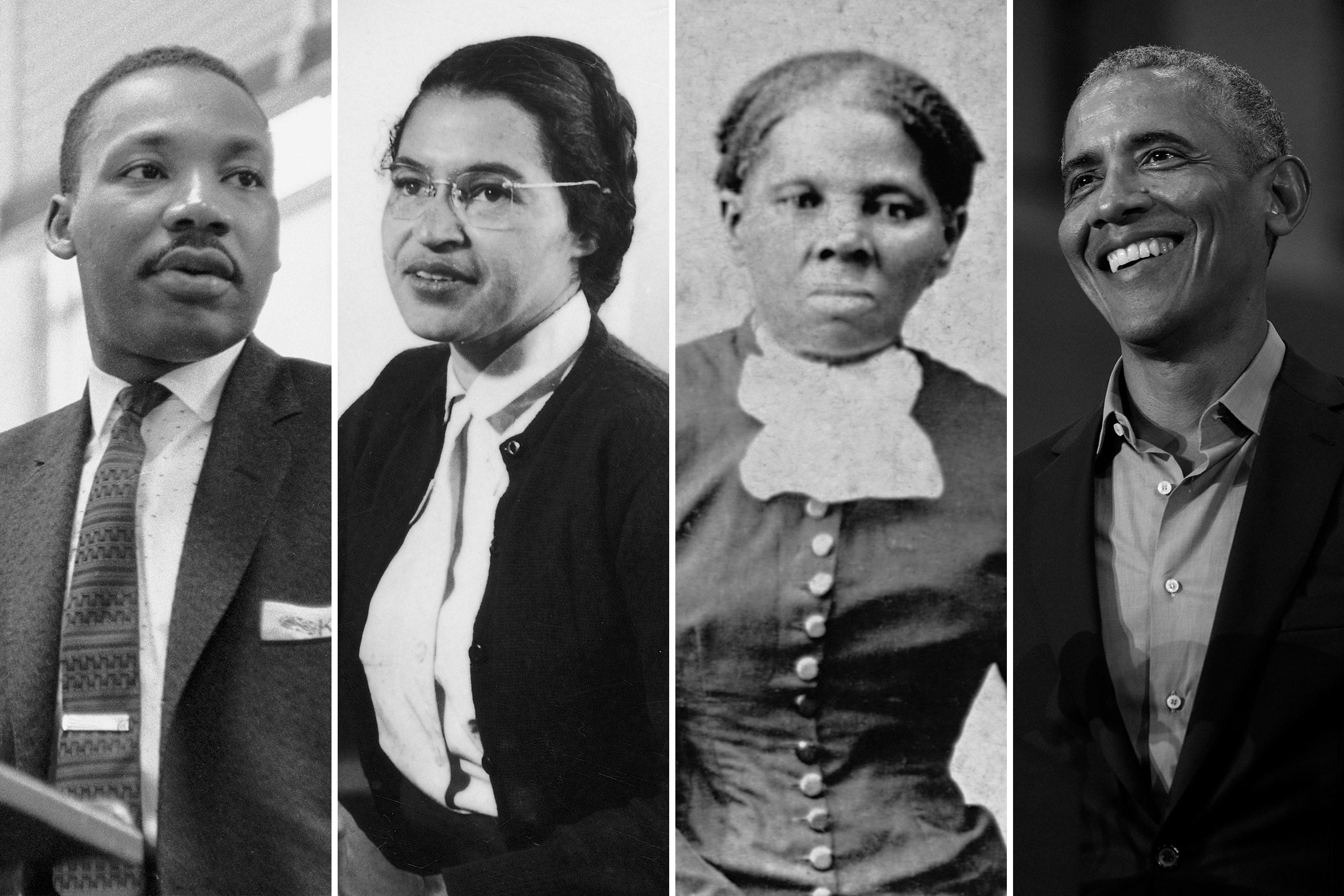Harriet Tubman and Martin Luther King Jr. were American civil rights heroes who fought for freedom and equality for African Americans. Tubman was a prominent abolitionist and Underground Railroad conductor in the 19th century, while King was a Baptist minister and civil rights activist in the 20th century. Tubman helped hundreds of enslaved people to freedom, worked in the women’s suffrage movement, and served as a nurse and spy during the Civil War. King advocated for nonviolent resistance, organized the Montgomery bus boycott, and led many other protests and movements for equal rights. Both shared a commitment to justice and equality, and their legacies remain influential today.
Harriet Tubman vs. Martin Luther King Jr.: Civil Rights Heroes Across Time
Introduction
Harriet Tubman and Martin Luther King Jr. are two of the most notable figures in American civil rights history. Both of them fought for the freedom and equality of African Americans, but at different times in history. Harriet Tubman was a prominent abolitionist and Underground Railroad conductor during the 19th century, while Martin Luther King Jr. was a Baptist minister and civil rights activist during the 20th century. In this article, we will compare and contrast their lives, beliefs, and legacies.
Early Life and Education
Harriet Tubman was born into slavery in Maryland around 1820. She grew up working in fields and was subject to the harsh treatment of slave owners. However, she escaped slavery in 1849 and subsequently became a conductor of the Underground Railroad, helping hundreds of enslaved people to freedom. Tubman was mostly self-taught, but she gained knowledge from her grandmother who was an expert in traditional African herbal medicine.
On the other hand, Martin Luther King Jr. was born in Atlanta, Georgia in 1929. He grew up in a middle-class family and went to segregated schools. He excelled academically and skipped two grades in high school. King earned a Bachelor of Arts degree in sociology from Morehouse College and later earned a Bachelor of Divinity degree from Crozer Theological Seminary in Pennsylvania.
Activism and Achievements
Harriet Tubman achieved remarkable things as an abolitionist and Underground Railroad conductor. She helped to free enslaved people and risked her own life to do so. Tubman was also active in the women’s suffrage movement and worked with prominent figures like Susan B. Anthony and Elizabeth Cady Stanton. During the Civil War, Tubman served as a nurse and a spy for Union forces. She continued to fight for the rights of African Americans until her death in 1913.
Martin Luther King Jr. is known for being a prominent figure in the civil rights movement in the 20th century. King advocated for nonviolent resistance and was a key figure in organizing the Montgomery bus boycott, which ended segregation on buses in Montgomery, Alabama. King went on to lead many other protests and movements for equal rights, including the March on Washington in 1963 where he delivered his famous “I Have a Dream” speech. King was assassinated in 1968, but his legacy lives on as a symbol of the fight for civil rights.
Beliefs and Philosophy
Harriet Tubman was a devout Christian and believed that God had called her to help enslaved people. She believed in the power of direct action, stating that “I never ran my train off the track, and I never lost a passenger.” She was also a strong advocate for women’s suffrage and believed that all people were created equal and should be treated as such.
Martin Luther King Jr. was also a devout Christian and believed in the power of nonviolent resistance. He believed that people should protest peacefully and carry out civil disobedience in the face of injustice. King was inspired by the teachings of Mahatma Gandhi and believed that love and equality were the keys to achieving a just society.
Legacy and Impact
Harriet Tubman’s legacy is felt strongly today, as she is considered a symbol of freedom and courage. Her achievements have been honored through numerous books, films, and monuments. In 2016, the U.S. Treasury announced that Tubman’s image would appear on the new $20 bill, which will make her the first woman and person of color to appear on U.S. currency.
Martin Luther King Jr.’s impact on the world is immeasurable. He is considered one of the most influential figures of the 20th century and his message of equality and justice still resonates today. His speeches and writings continue to inspire people all around the world, and his efforts were crucial in ending segregation and promoting civil rights in the U.S.
Conclusion
In conclusion, Harriet Tubman and Martin Luther King Jr. were both remarkable figures in the fight for civil rights. While they lived at different times and faced different challenges, they shared a commitment to justice and equality. Both figures are revered today for their contributions to the struggle for freedom, and their legacies continue to inspire and motivate people around the world.
